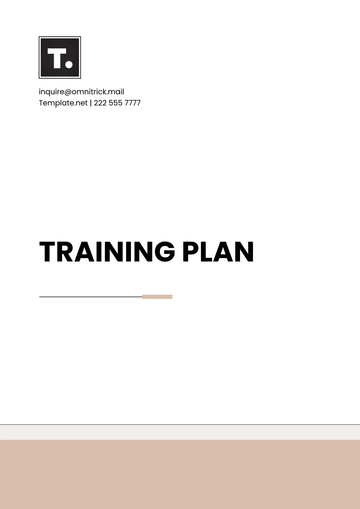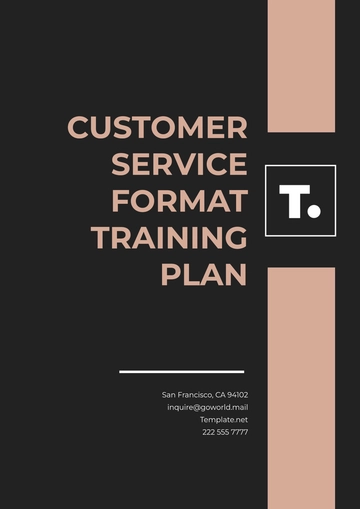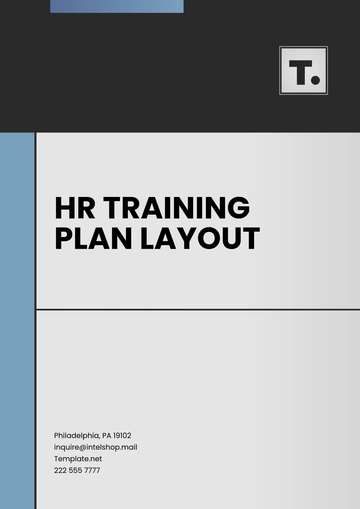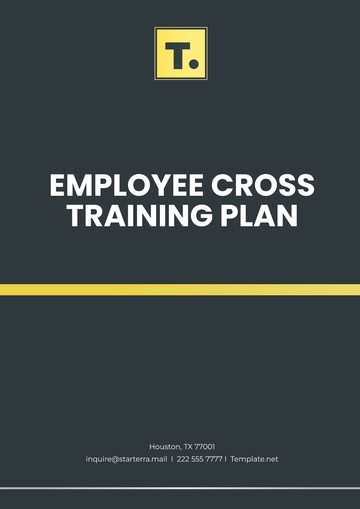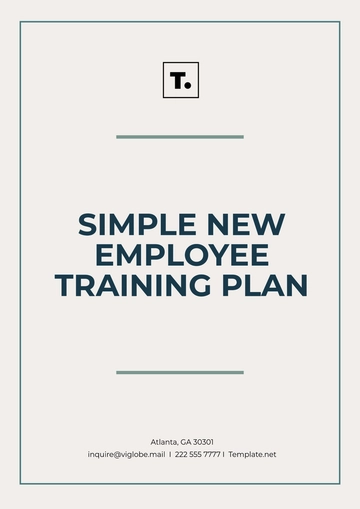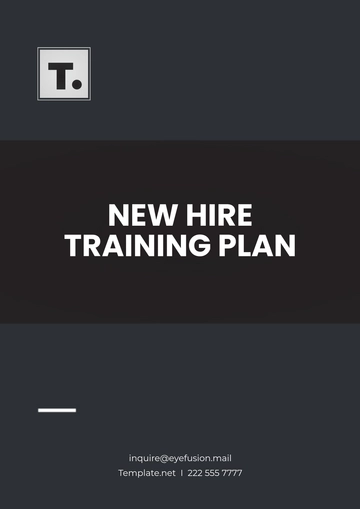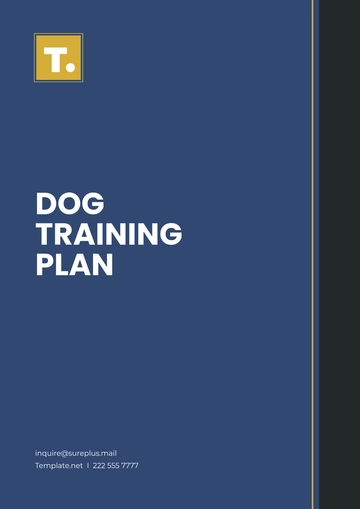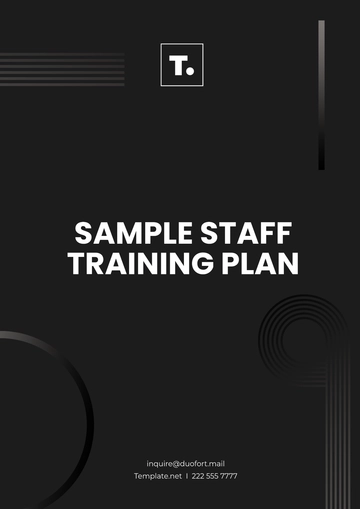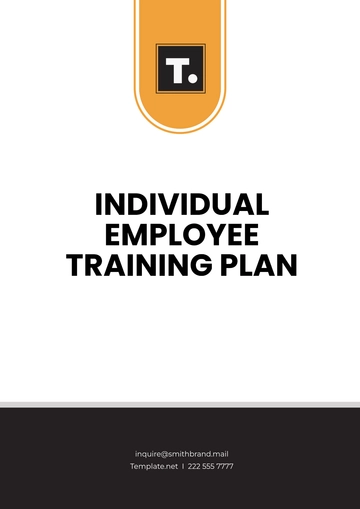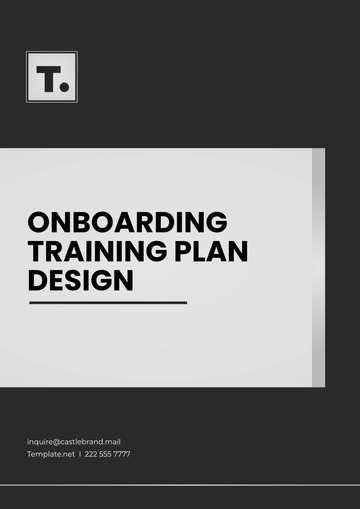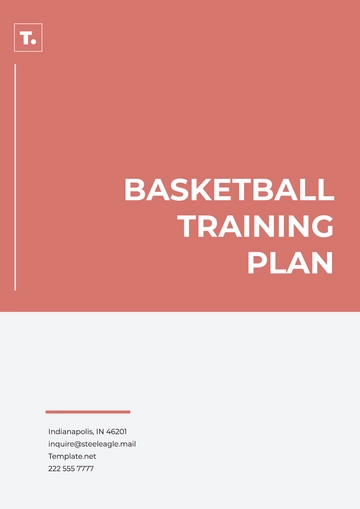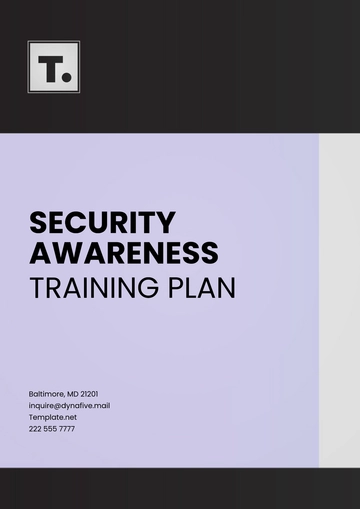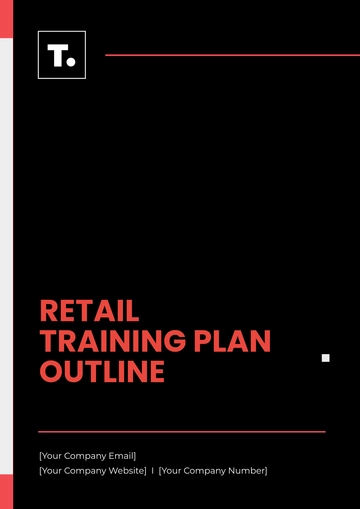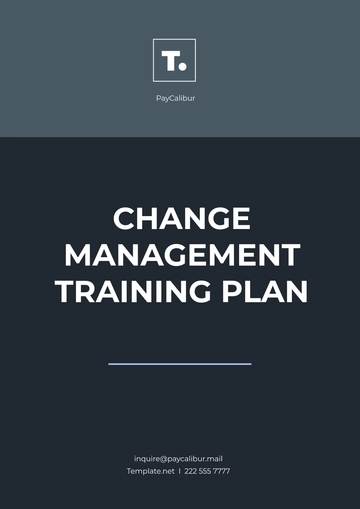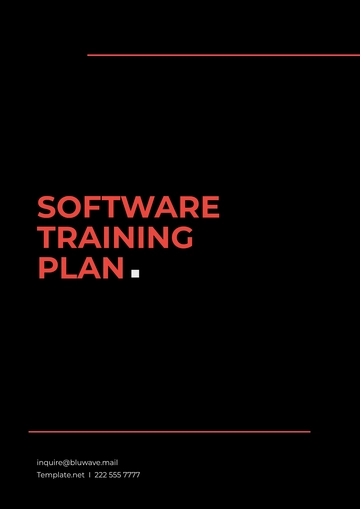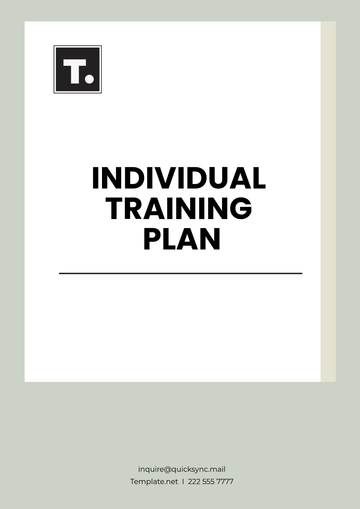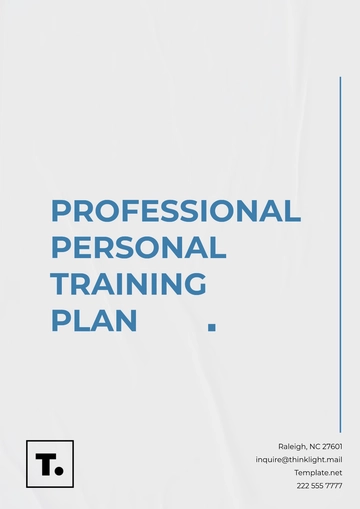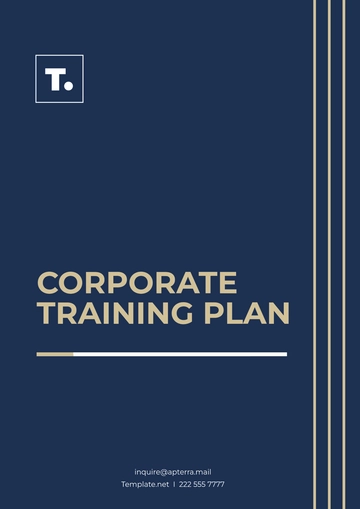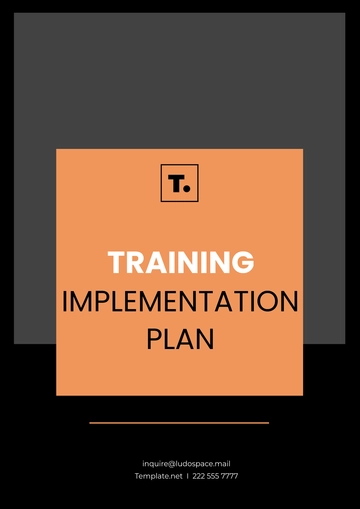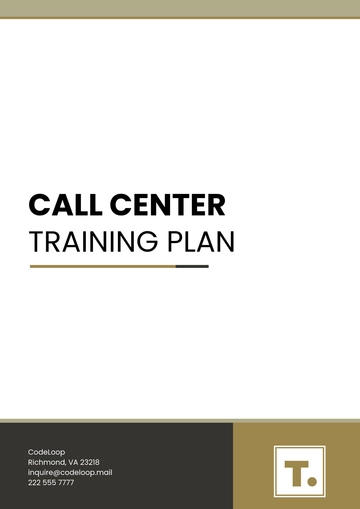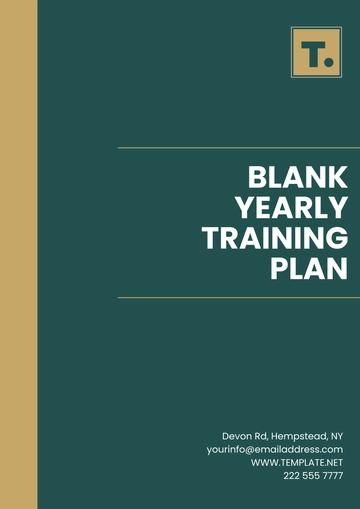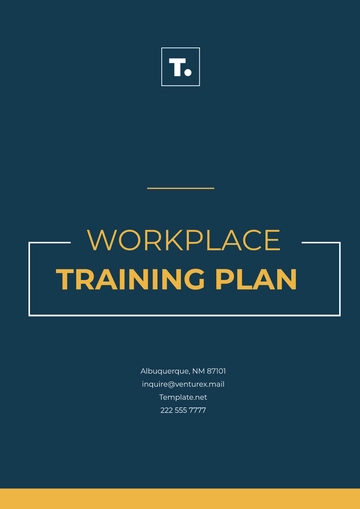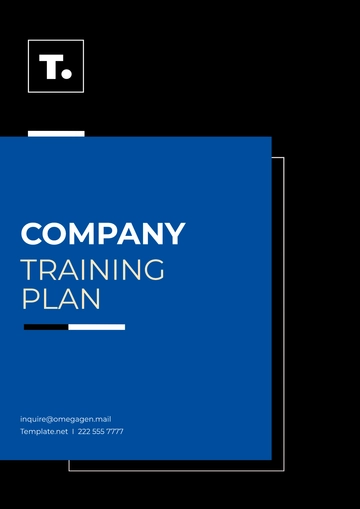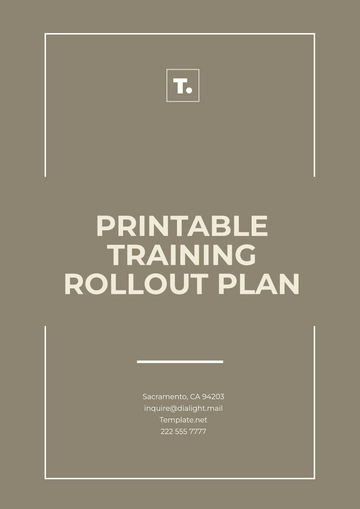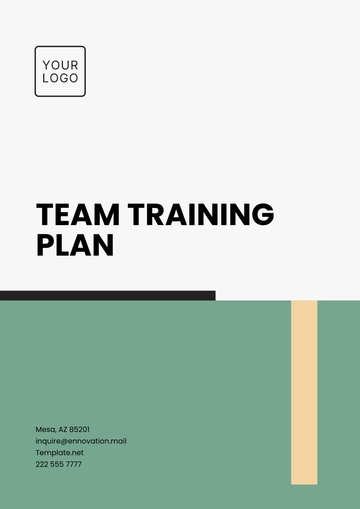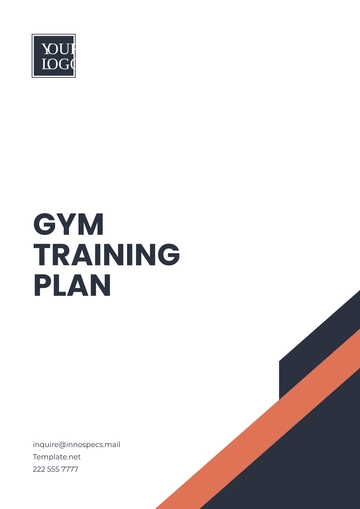Free Call Center Training Plan
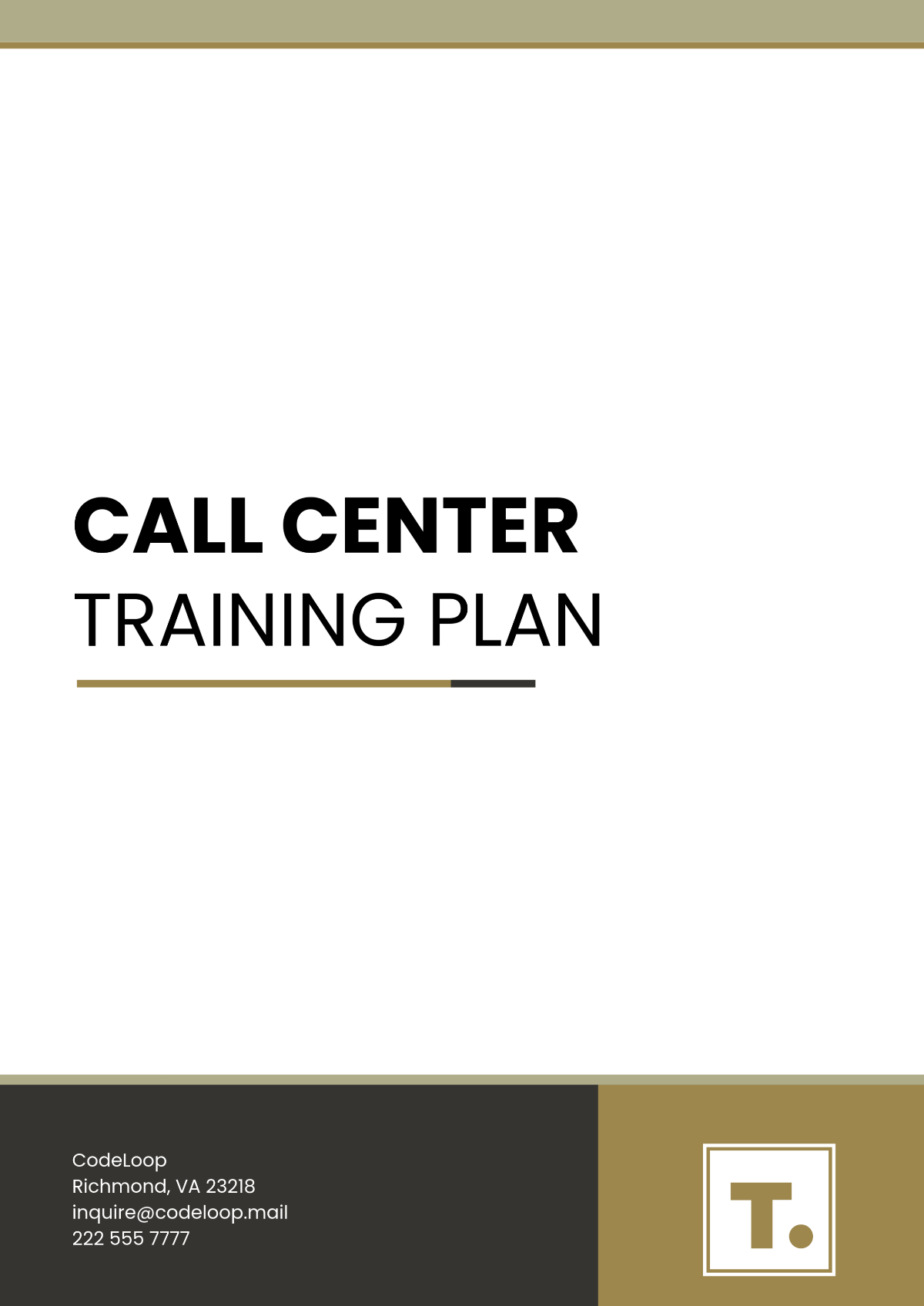
Written by: [YOUR NAME]
I. Introduction
Welcome to the Call Center Training Program at [YOUR COMPANY NAME]. This comprehensive training plan is meticulously crafted to equip call center agents with the requisite skills and knowledge necessary to excel in their roles as frontline representatives of our esteemed organization.
II. Training Objectives
Familiarization: Introduce agents to the array of products and services offered by [YOUR COMPANY NAME] and familiarize them with our customer service standards.
Communication Skills: Enhance agents' communication abilities, both verbal and written, to ensure effective interaction with customers.
Technical Proficiency: Provide comprehensive training on utilizing call center technology and software to streamline customer interactions.
Compliance and Quality Assurance: Ensure agents understand and adhere to regulatory requirements and maintain high-quality service standards.
Continuous Learning: Foster a culture of continuous learning and development to facilitate ongoing improvement and adaptation to evolving customer needs.
III. Training Curriculum
A. Orientation (Duration: 1 week)
Introduction to [YOUR COMPANY NAME]: Overview of the company's mission, values, and organizational structure.
Product/Service Overview: Detailed introduction to our products/services and the target customer demographic.
Policies and Procedures: Orientation to call center policies, procedures, and performance expectations.
B. Communication Skills (Duration: 2 weeks)
Active Listening and Questioning Techniques: Training on active listening skills and effective questioning techniques to better understand customer needs.
Telephone Etiquette: Instruction on maintaining a professional tone and demeanor during phone interactions.
Conflict Resolution: Techniques for handling difficult customers and resolving conflicts to ensure positive outcomes.
Written Communication: Guidance on writing clear and concise emails and chat messages to maintain effective written communication channels.
C. Product/Service Training (Duration: 3 weeks)
Product Knowledge: In-depth exploration of [YOUR COMPANY NAME]'s products/services, including features, benefits, and common customer inquiries.
Troubleshooting Skills: Training on troubleshooting techniques and problem-solving strategies to address customer issues efficiently.
Role-Playing Exercises: Simulated scenarios to practice applying product knowledge and troubleshooting skills in realistic customer interactions.
D. Technology Training (Duration: 2 weeks)
Call Center Software: Hands-on training on utilizing call center software, CRM systems, and other technological tools.
Call Handling Procedures: Practice sessions for using call scripts, knowledge bases, and FAQs to assist customers effectively.
Technical Issue Resolution: Instruction on identifying and troubleshooting common technical issues, with guidelines for escalating when necessary.
E. Compliance and Quality Assurance (Duration: 1 week)
Regulatory Compliance: Overview of relevant regulatory requirements governing the call center industry, including data protection and privacy laws.
Quality Assurance Processes: Training on quality assurance processes and performance metrics for monitoring and evaluating agent performance.
Confidentiality and Security: Guidelines for maintaining data confidentiality and ensuring customer information security in compliance with industry standards.
IV. Training Delivery Methods
Instructor-Led Sessions: Engaging classroom or virtual training sessions led by experienced trainers.
Hands-On Practice: Interactive practice sessions with simulated call scenarios and role-playing exercises.
Self-Paced Learning: Accessible e-learning modules and online resources for self-directed learning.
Shadowing: Opportunities to shadow experienced agents to observe best practices in real-life call interactions.
V. Evaluation and Feedback
Assessments: Regular assessments and quizzes to gauge learning retention and comprehension.
Performance Evaluations: Ongoing evaluations based on call quality, customer satisfaction, and adherence to protocols.
Feedback Sessions: Scheduled feedback sessions with supervisors and trainers to identify strengths, areas for improvement, and development goals.
VI. Continuous Learning and Development
Training Workshops: Regular workshops, webinars, and coaching sessions to enhance skills and knowledge.
Cross-Training Opportunities: Opportunities for cross-training in different departments or specialized roles within the call center.
Access to Resources: Provision of industry publications, online courses, and certification programs to support continuous learning and professional development.
Mentorship Programs: Pairing agents with experienced mentors to provide guidance and support throughout their career development journey.
VII. Conclusion
By completing this meticulously crafted training program, agents will be empowered with the necessary skills and knowledge to proficiently handle diverse customer inquiries, deliver exceptional service, and uphold the esteemed reputation of [YOUR COMPANY NAME]. Thank you for your unwavering commitment to continuous learning and development.
- 100% Customizable, free editor
- Access 1 Million+ Templates, photo’s & graphics
- Download or share as a template
- Click and replace photos, graphics, text, backgrounds
- Resize, crop, AI write & more
- Access advanced editor
Looking to enhance your call center's efficiency? Look no further than Template.net's Call Center Training Plan Template. This customizable and editable template is designed to streamline your training process effortlessly. Tailor it to your specific needs using our AI Editor Tool, ensuring a perfect fit for your team. Optimize performance and maximize results today!
You may also like
- Finance Plan
- Construction Plan
- Sales Plan
- Development Plan
- Career Plan
- Budget Plan
- HR Plan
- Education Plan
- Transition Plan
- Work Plan
- Training Plan
- Communication Plan
- Operation Plan
- Health And Safety Plan
- Strategy Plan
- Professional Development Plan
- Advertising Plan
- Risk Management Plan
- Restaurant Plan
- School Plan
- Nursing Home Patient Care Plan
- Nursing Care Plan
- Plan Event
- Startup Plan
- Social Media Plan
- Staffing Plan
- Annual Plan
- Content Plan
- Payment Plan
- Implementation Plan
- Hotel Plan
- Workout Plan
- Accounting Plan
- Campaign Plan
- Essay Plan
- 30 60 90 Day Plan
- Research Plan
- Recruitment Plan
- 90 Day Plan
- Quarterly Plan
- Emergency Plan
- 5 Year Plan
- Gym Plan
- Personal Plan
- IT and Software Plan
- Treatment Plan
- Real Estate Plan
- Law Firm Plan
- Healthcare Plan
- Improvement Plan
- Media Plan
- 5 Year Business Plan
- Learning Plan
- Marketing Campaign Plan
- Travel Agency Plan
- Cleaning Services Plan
- Interior Design Plan
- Performance Plan
- PR Plan
- Birth Plan
- Life Plan
- SEO Plan
- Disaster Recovery Plan
- Continuity Plan
- Launch Plan
- Legal Plan
- Behavior Plan
- Performance Improvement Plan
- Salon Plan
- Security Plan
- Security Management Plan
- Employee Development Plan
- Quality Plan
- Service Improvement Plan
- Growth Plan
- Incident Response Plan
- Basketball Plan
- Emergency Action Plan
- Product Launch Plan
- Spa Plan
- Employee Training Plan
- Data Analysis Plan
- Employee Action Plan
- Territory Plan
- Audit Plan
- Classroom Plan
- Activity Plan
- Parenting Plan
- Care Plan
- Project Execution Plan
- Exercise Plan
- Internship Plan
- Software Development Plan
- Continuous Improvement Plan
- Leave Plan
- 90 Day Sales Plan
- Advertising Agency Plan
- Employee Transition Plan
- Smart Action Plan
- Workplace Safety Plan
- Behavior Change Plan
- Contingency Plan
- Continuity of Operations Plan
- Health Plan
- Quality Control Plan
- Self Plan
- Sports Development Plan
- Change Management Plan
- Ecommerce Plan
- Personal Financial Plan
- Process Improvement Plan
- 30-60-90 Day Sales Plan
- Crisis Management Plan
- Engagement Plan
- Execution Plan
- Pandemic Plan
- Quality Assurance Plan
- Service Continuity Plan
- Agile Project Plan
- Fundraising Plan
- Job Transition Plan
- Asset Maintenance Plan
- Maintenance Plan
- Software Test Plan
- Staff Training and Development Plan
- 3 Year Plan
- Brand Activation Plan
- Release Plan
- Resource Plan
- Risk Mitigation Plan
- Teacher Plan
- 30 60 90 Day Plan for New Manager
- Food Safety Plan
- Food Truck Plan
- Hiring Plan
- Quality Management Plan
- Wellness Plan
- Behavior Intervention Plan
- Bonus Plan
- Investment Plan
- Maternity Leave Plan
- Pandemic Response Plan
- Succession Planning
- Coaching Plan
- Configuration Management Plan
- Remote Work Plan
- Self Care Plan
- Teaching Plan
- 100-Day Plan
- HACCP Plan
- Student Plan
- Sustainability Plan
- 30 60 90 Day Plan for Interview
- Access Plan
- Site Specific Safety Plan
